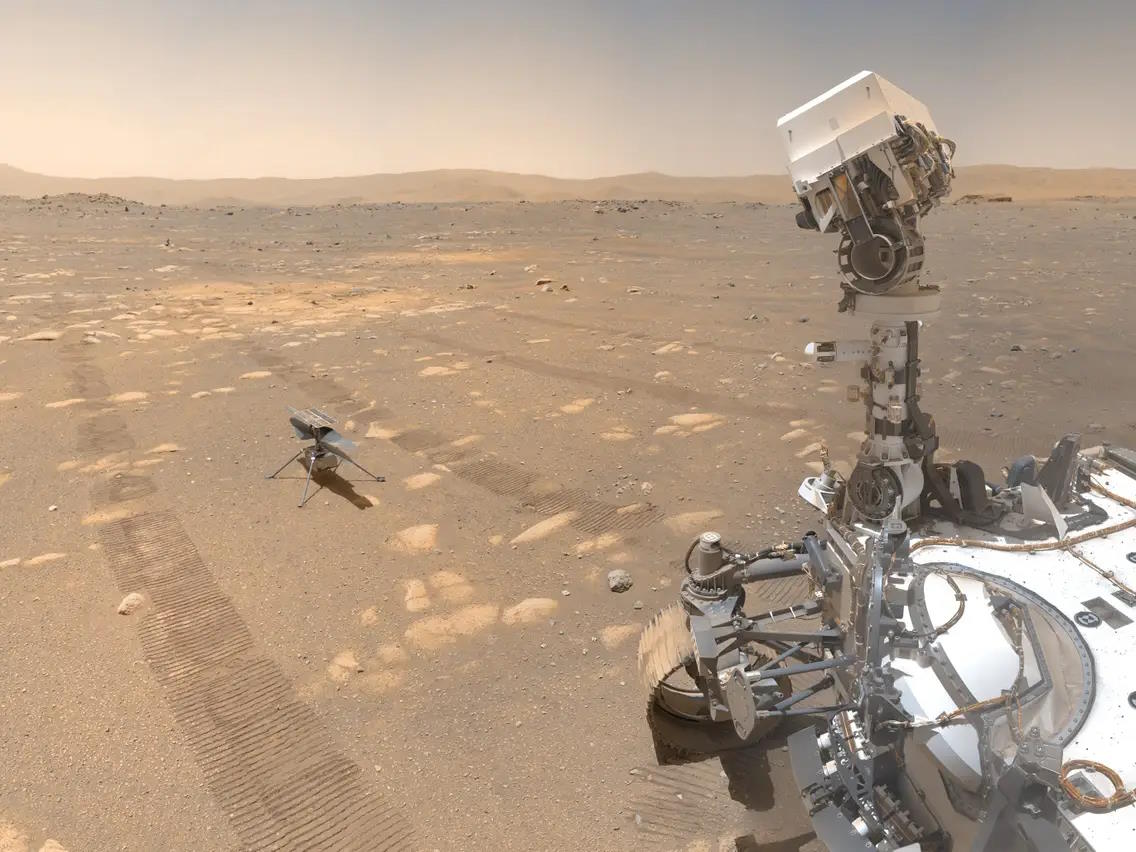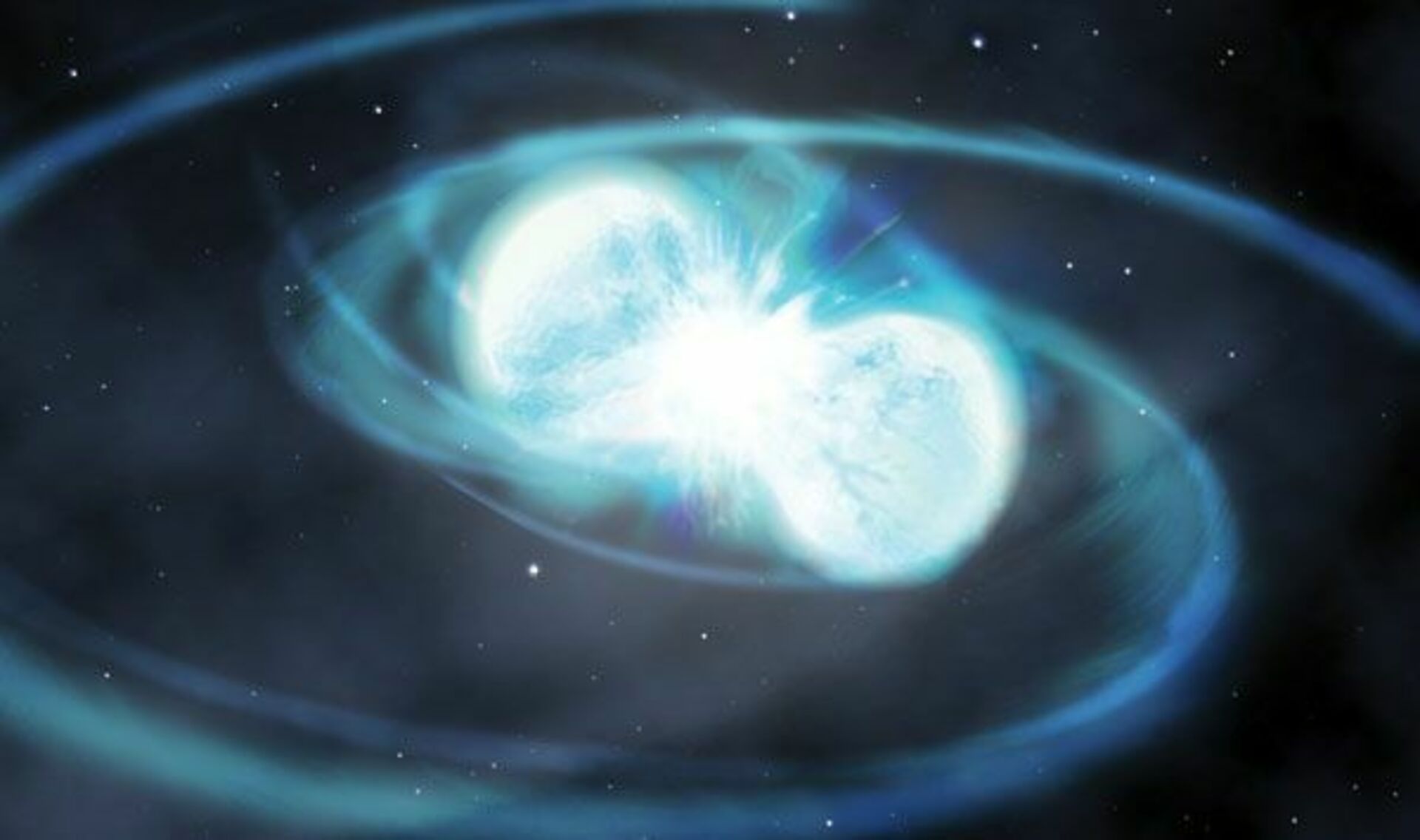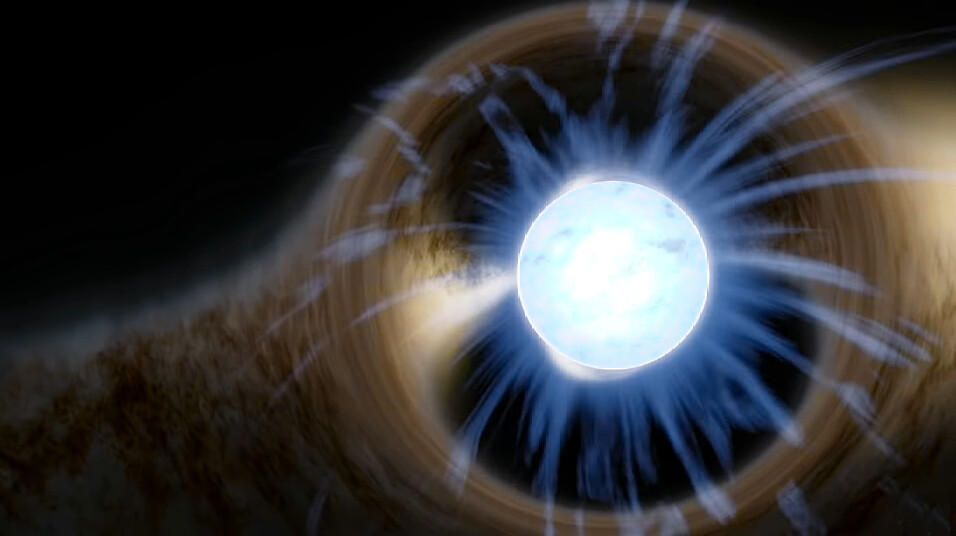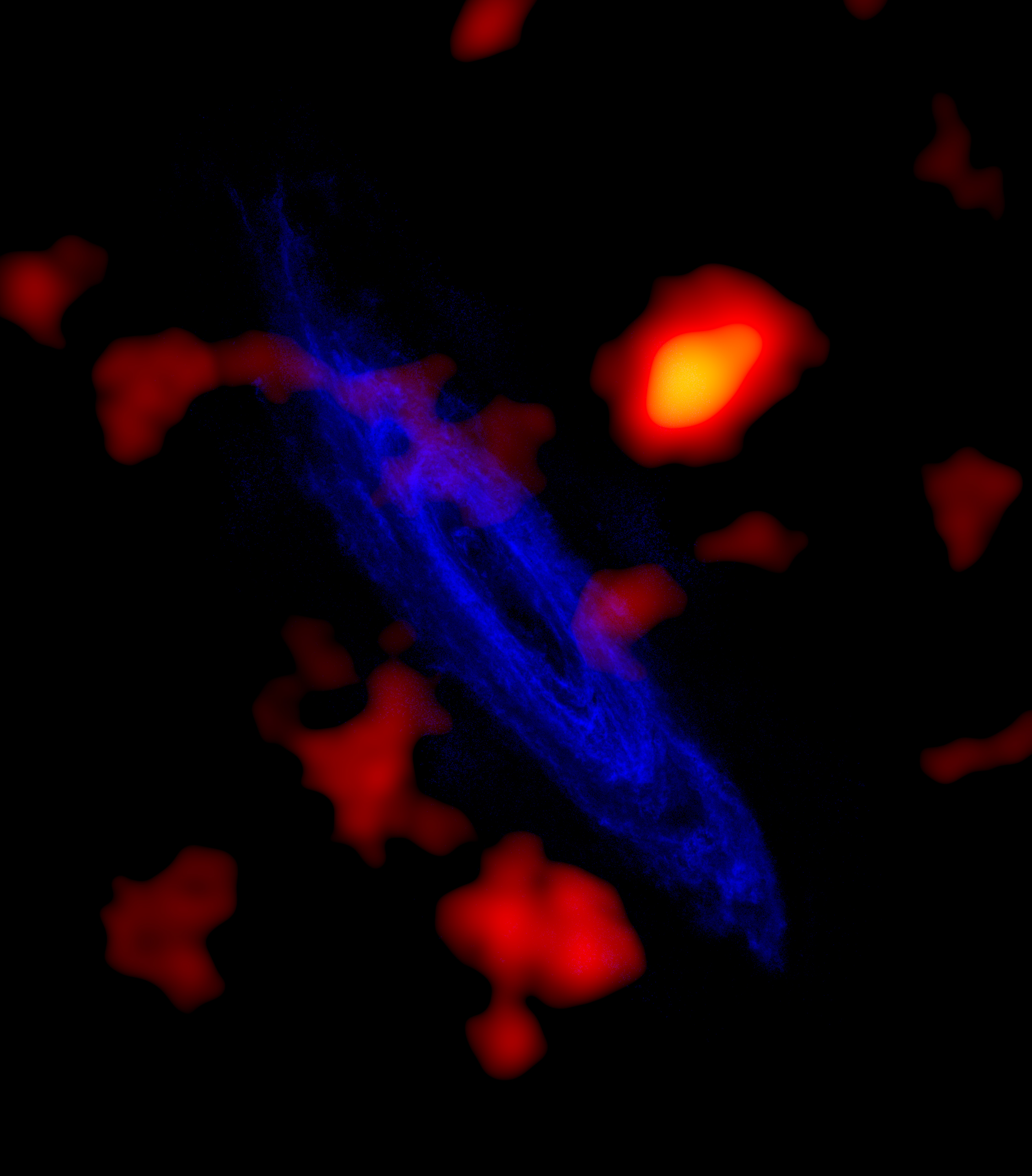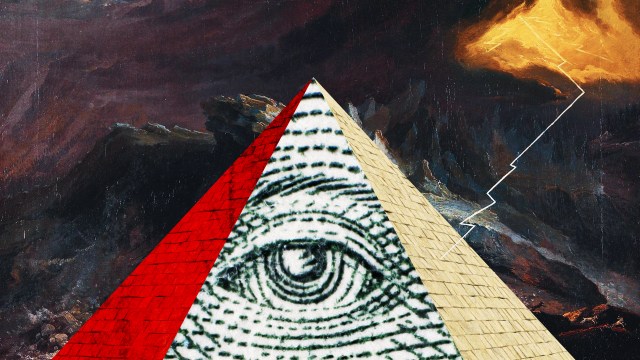Starts With A Bang Podcast #94 – Dark energy and cosmic growth
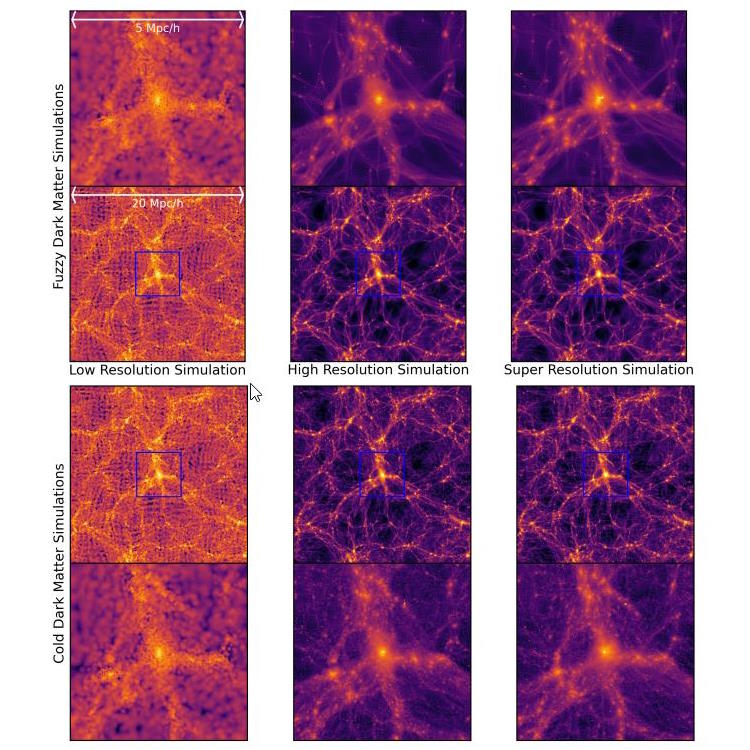
- By looking at the Universe on the largest of cosmic scales, including by seeing what structures form and how galaxies are clustered together, we can reveal its overall composition.
- There are many tricky, confounding factors at play, but by taking multiple, independent lines of evidence all together, we can be confident in our picture of how the Universe grew up.
- It’s a remarkable fact that all that we’re made out of, normal matter, represents just 5% of the total energy in the Universe. But it’s still a fact, and here’s (some of) how we know it!
We have a pretty good idea of both what’s in our Universe and how it grew up. But it’s only because we have several different, completely independent lines of evidence that point to the same consensus picture that we actually believe that our Universe is 13.8 billion years old and composed of a mix of normal matter and radiation, but is dominated by dark matter and dark energy on the largest of cosmic scales.
In particular, we form large, cosmically bound structures on the scales of galaxies and galaxy clusters, but on larger scales, dark energy and the expanding Universe dominate, working to drive everything apart. The story of how we’ve come to know this information about the Universe and how we’re using both old and new techniques to push the our understanding further is the subject of this edition of our podcast.
It features PhD candidate Karolina Garcia, who’s kind enough to walk us through a variety of types of research that all serve the same end: to reveal the story of the Universe and how it grew up to be the way it is today. Take a listen; you won’t regret it!
